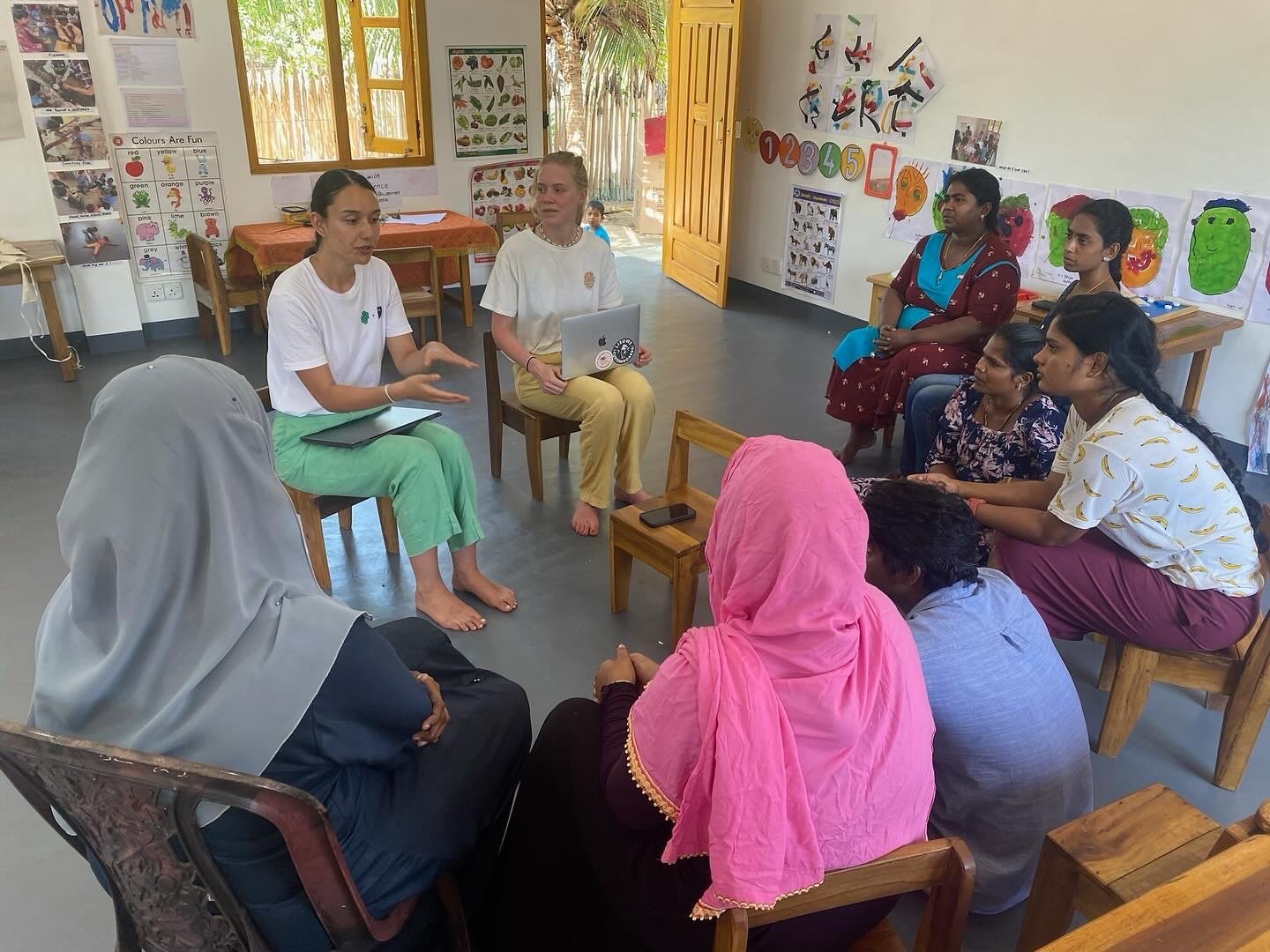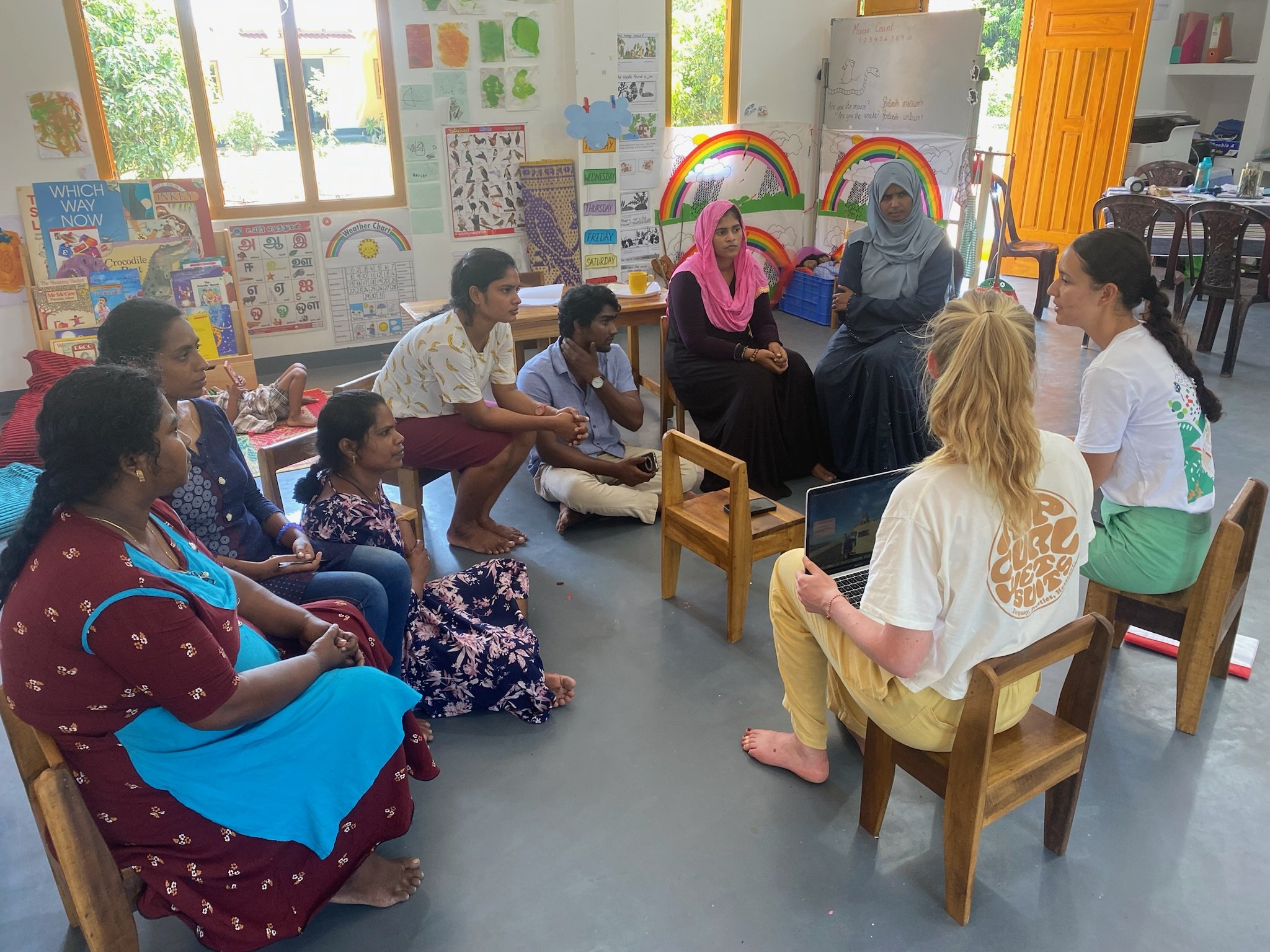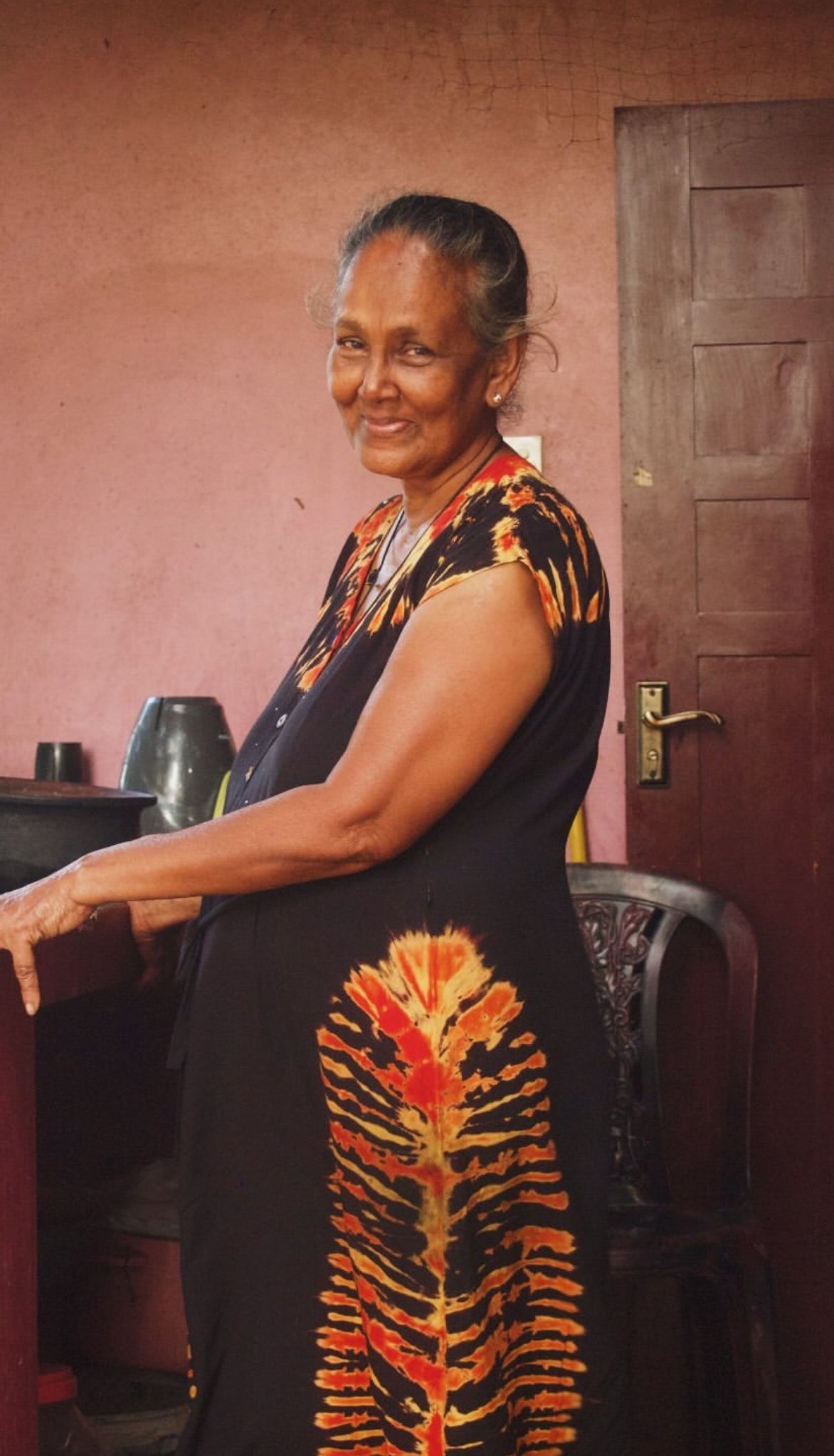Staying with a guest family
18 March 2024 - 27 March 2024 (week 2,3)
Ayubowan!
In the last blog I wrote about our meeting with the Head of the Curative Health Department in Sri Lanka, who granted us permission to work on Project SERPENT. This week I will tell you all about our time in the field in one of the most remote areas of Sri Lanka, Mannar Island.
The closest point to India
Mannar Island is a peninsula located on the North coast of Sri Lanka. Mannar is a remote area that makes up for one of the poorest districts in the country, with an average household income of approximately €150,00 per month. Due to its geographic location the local economy is reliant on the fishing industry. Here are some interesting facts: (1) The majority of the population in Mannar is Tamil (ethnicity), who have origins in Tamil Nadu which is in India. (2) The Tamils in Sri Lanka have their own language. (3) The name ‘Manar’ (Tamil: மன்னார் தீவு) means ‘the raised place of sand.’
The drive from Colombo to Mannar is a huge undertaking but one worth the while. According to Google Maps the drive is a total of 6 hours and 30 minutes. In reality, however, the journey can easily take up to 8 hours, which was the case for us. The reason for this is the poor conditions of the roads. In the entire country there are only a few Expressways, unfortunately for us, the Expressway merely covered 2 hours of the drive. The rest of the journey we had to drive over dirt roads and even through national parks. Which does make up for an exciting adventure.
There were a couple reasons that brought us to Mannar Island. The first reason being, local NGO Bridging Lanka (Ltd). Bridging Lanka started a holistic preschool in collaboration with The Husk Organization and Little Leaders Foundation. The preschool teachers of Little Trees Nurtury will be participating in our project. Secondly, Sri Lanka has 6 species of highly venomous land snakes, therefore considered as medically important snakes. All of these 6 species can be found in Mannar, which makes it the perfect place to conduct our field research.
The White House
Upon arriving at our accommodation ‘The White House’, we were welcomed by the family whom we would be staying with. It is a family of five, two parents and three young children. The White House is located in a Muslim village named Putukkudiyiruppu. Prior to coming into this experience we already knew that Mannar would be the most challenging part of the journey as it is so far removed from what we know at home in the Netherlands. Mannar being an impoverished rural area with no tourism, presented a bit of a culture shock to the both of us. However, the hospitality of the hosts and their children quickly made us feel at home. After our first night sleeping underneath the safety of a mosquito net, we felt ready to start the fieldwork. Starting with meetings with Bridging Lanka and the preschool teachers!
Throughout our time in Mannar we worked hard on finishing the pre-test that would be taken by the preschool teachers on our last day in Mannar. The pre-test consists of 20 multiple choice questions that are based on information from both literature study and conversations we had with locals. The goal of the pre-test is not to grade the teachers but rather learn what knowledge they already have, and what knowledge they lack about prevention and first aid. Additionally we prepared a topic list for a focus group with the preschool teachers to learn about how they acquired this knowledge.
Pre Test
All teachers were asked to make the pre-test individually. They were not allowed to consult one another.
Focus group
Afterwards we discussed how the teachers felt after finishing the pre-test. Amongst many things we asked them what and how they wanted to learn about snakebite prevention and first aid. One thing that remains a huge motivation for me is their willingness to learn and to give their best care to their students.
Testament from a mother
During our time in Mannar we met with a local woman for an interview about the loss of her son to a snakebite. She told us the following heartbreaking story.
“The story is about my second son who was three years old at the time. We were very poor and lived in the jungle with my parents. My father would store dry wood next to the veranda of the house. On the night of the incident I had prepared food for my family. After dinner my son was very sleepy and fell asleep outside on the veranda. After cleaning the kitchen I put my son to bed. This is when he started vomiting all night long. The vomit looked white and bubbly. At first I thought it was food poisoning. The next day I brought him to the Ayurvedic Doctor because there was no hospital in the village. The Ayurvedic doctor suspected my son was having an allergic reaction. We brought my son home but his condition only got worse. On the second day we decided to bring him to the hospital which was 15 km away. My son’s body started to become very weak, his neck became weak and his head started to hang, he could not open his mouth and eyes anymore, nor could he speak. At the time my sister worked as a midwife in the Hospital. She had started to beg the doctors to take a blood test. By the time the blood results came back my son had passed away. The result was snakebite envenoming. I could not believe this because I had never seen the marks of a snakebite on my son’s body. When my sister and I started washing my son’s body as preparation for the burial, my sister found the marks of a snakebite on the side of the head behind his ear. I have a lot of regrets that we did not find out earlier. My son could still be alive now if we had known he was bitten by a snake.”
Besides all the work we also got to spend a lot of time exploring the beautiful nature this island has to offer. We also fell in love with the local cuisine and tried a lot of foods that we otherwise would never have eaten. Such as the roots of the Palmyrah Tree, fresh out of the ground. The most precious memories, however, were made together with the family we were staying with. From teaching the kids how to swim, to playing volleyball together, and tending the donkeys together.
Nanri (Tamil: நன்றி)
p.s. The guest family we stayed with are the owners of the Donkey Clinic and Education Center in Mannar Island!









